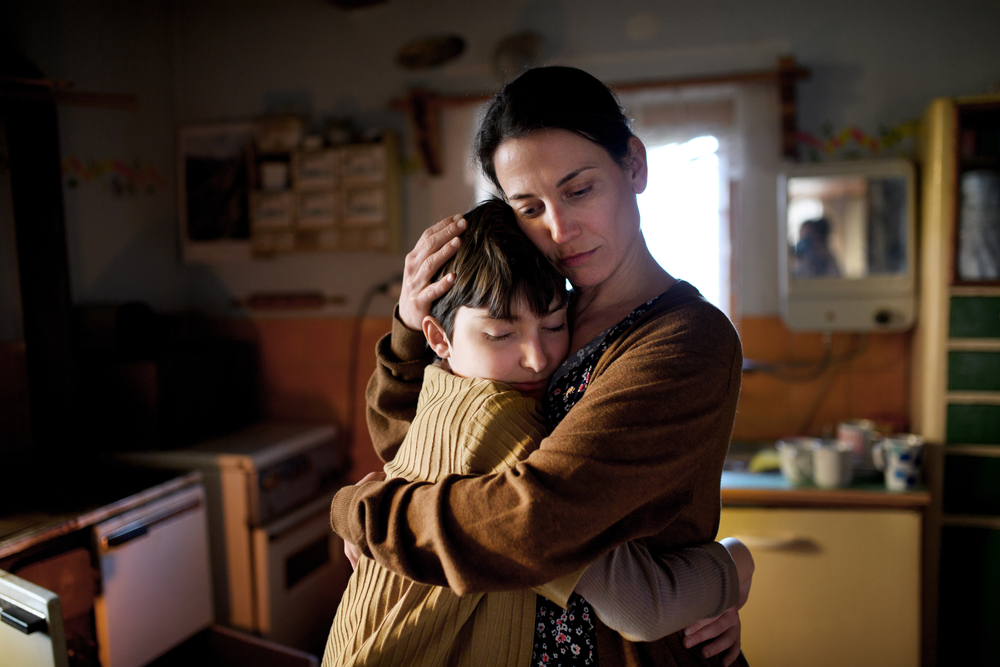This story was originally published by ProPublica.
Welfare reform allowed states to choose how they provide assistance to the poor — or hardly provide it at all. In the rapidly changing Southwest, that has sometimes led to bizarre or impossible requirements for getting help.
It is one of the enduring myths of the U.S. child support system: that payments made by fathers actually make it to their families. And yet, every year, hundreds of millions of dollars in child support is instead intercepted by federal and state governments — as reimbursement for the mother having received welfare at some point.
But that may be changing. Since a 2021 ProPublica investigation found that child support payments totaling $1.7 billion annually were taken from families and redirected into state coffers, at least six states have rewritten their laws and policies to allow the money to flow directly to kids.
[Related: New Mexico Child Welfare Youth Today special edition magazine]
New Mexico, where we focused our reporting, made such a change shortly after this story was published. From Wyoming to Illinois, Michigan to Vermont to California, more child support is now going to children. And several other states are considering similar reforms during their upcoming legislative sessions.
This July, Illinois will start “passing through” all child support paid by fathers to their families, instead of pocketing it as repayment for welfare. “The intent of this change is for more families to receive more support,” said Jamie Munks, spokesperson for the Illinois Department of Healthcare and Family Services. A state’s child support system should not be funded by withholding child support from the lowest-income families being served, she said.
“Not passing through money to a family who is already experiencing financial difficulties will likely exacerbate those difficulties and may make them more reliant on government assistance,” Munks added.
Confiscating child support from poor families persists. Some conservative policymakers consider single-mother welfare a taxpayer loan that should be repaid by the fathers.
Nicole Darracq, assistant director at the California Department of Child Support Services, said that under a new state law her agency has roughly doubled the amount of child support that it is passing through to families currently receiving welfare. There was roughly a $44 million net increase in payments to families from 2019 to 2022, she said.
Darracq added that starting this week, another piece of new state legislation will allow child support that fathers pay to mothers who’ve previously received welfare to go to those moms and their kids, instead of being intercepted. This change will send an additional $160 million to families each year, she said.
According to the National Conference of State Legislatures’ most recent analysis of state laws, at least 26 states and Washington, D.C., pass through some or all child support payments made by fathers to their families that have received welfare, also known as Temporary Assistance for Needy Families. In the other states, the government takes the cash.
The practice of confiscating child support from poor families persists in part because some conservative policymakers believe that welfare provided to single mothers should be considered a loan from taxpayers, to later be repaid by the patriarch of the family.
“Legislators suggest to me that if a family gets both [welfare] and child support, they’re ‘double-dipping,’” Jim Fleming, past president of both the National Council of Child Support Directors and the National Child Support Enforcement Association, told ProPublica in 2021. “That argument is still out there,” he said, although it is “becoming more and more of a minority view.”
***
Eli Hager is a reporter covering issues affecting children and teens in the Southwest. He joined ProPublica from The Marshall Project, where as a staff writer for six years he focused primarily on juvenile justice, family court, foster care, schools and other issues affecting youth. Hager’s work has appeared in the New York Times, the Washington Post, the Atlantic, the Guardian, New York Magazine, USA Today, NPR and elsewhere.
ProPublica is a Pulitzer Prize-winning investigative newsroom. Sign up for their The Big Story newsletter.






























